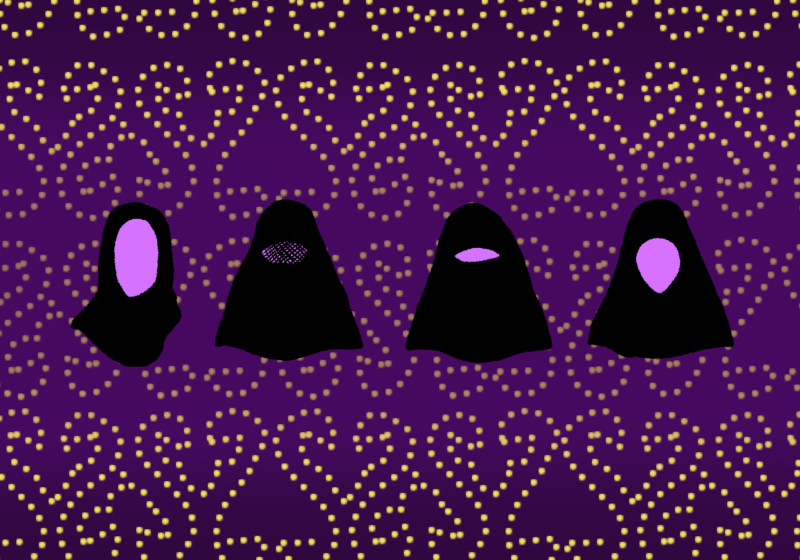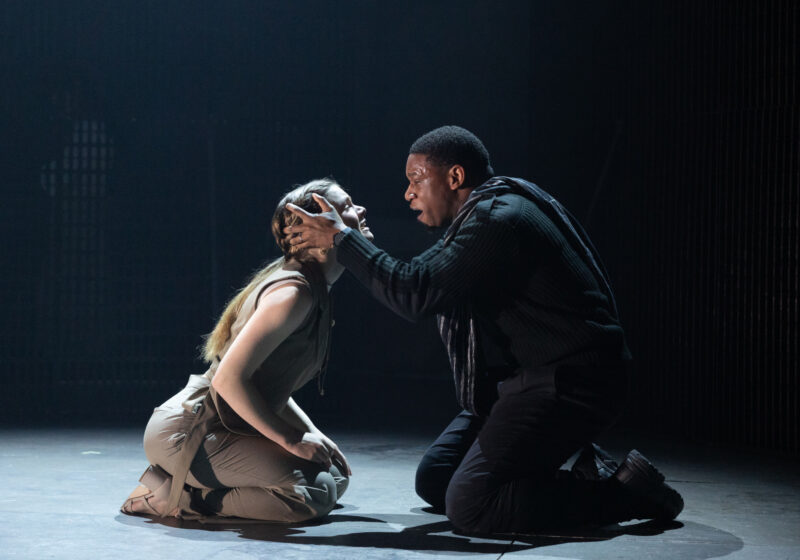Over the summer at a garage sale, I couldn’t help but wander over to a pile of books where I stumbled upon a fiery red book by the name of “Girls of Riyadh”. I didn’t recognize the author or the book title, but I was compelled to read it due to the pretty cover. To my satisfaction, I had discovered my favorite read of the summer.
Rajaa Alsanea’s “Girls of Riyadh” follows a group of four colleg-age girls living in Riyadh, Saudi Arabia. The novel was originally published in Arabic and written in the form of an email thread between Saudis in the early 2000s. Translated in 2007, it delves into the dynamic between men and women in Muslim Saudi Arabia.
Honestly, I was not expecting to relate to the characters as much as I did. Lamees, Michelle, Gamrah, and Sadeem face many of the same problems girls my age face. They are faced with the expectations placed on them by their families and society while trying to excel in school, have fun, and most of all, find love.
What surprised me most was how much I related to Michelle and her frustration with limited freedom and the restrictive expectations placed upon her by society. While societal expectations may be different in the United States compared to Saudi Arabia, the rights of women still face restrictions in the U.S. Women face discrimination in all places in society, especially the workforce; they make less than men in the same career and are unable to make decisions regarding their own reproductive health.
Women are expected to look a certain way, constantly smile and act polite, while working twice as hard as men. It makes us frustrated, and “Girls of Riyadh” inherently understands that frustration.
“Girls of Riyadh” was such a delightful read that truly opened my eyes about a different culture and the shared experiences of women around the world. I highly recommend this book to anyone who is interested. Even though this novel focuses on the experiences of women, individuals from all marginalized groups can relate.






